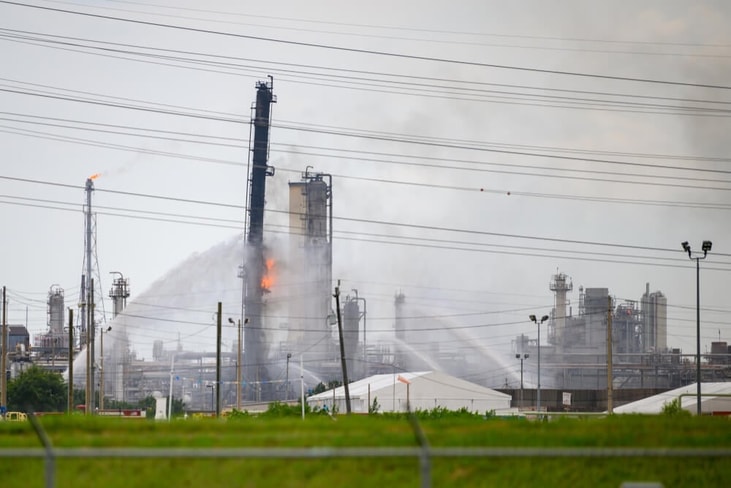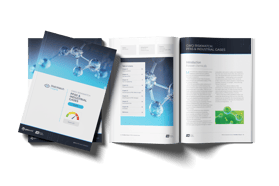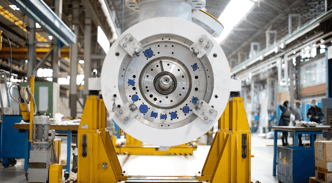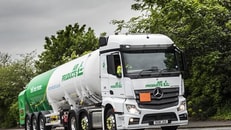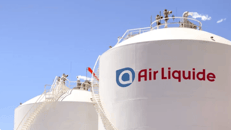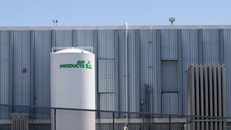Project realities set in for industrial gas majors
Air Products’ triple project cancellations, announced today, gives another big jolt to the delivery of clean energy and further underlines the challenges bridging policymaking with commercial strategies.
Air Products is embarking on a strategic reset following the recent replacement of its CEO. It has also said it is in active discussions with equity partners for its Louisiana Clean Energy Complex, which is a key project still going ahead along with NEOM, to reduce capital outlay.
At times of great uncertainty, the priority is to de-risk projects as thoroughly as possible.
Air Liquide is partnering with ExxonMobil’s Baytown project in Texas, investing up to $850m to build, own and operate four large modular air separation units as well as related infrastructure. It will produce a daily volume of 9,000 tonnes of oxygen which will be used by ExxonMobil’s Autothermal Reformers (ATR) to produce low-carbon hydrogen. Texas has the triple attributes of established energy infrastructure, tax credits and streamlined permitting procedures.
... to continue reading you must be subscribed

